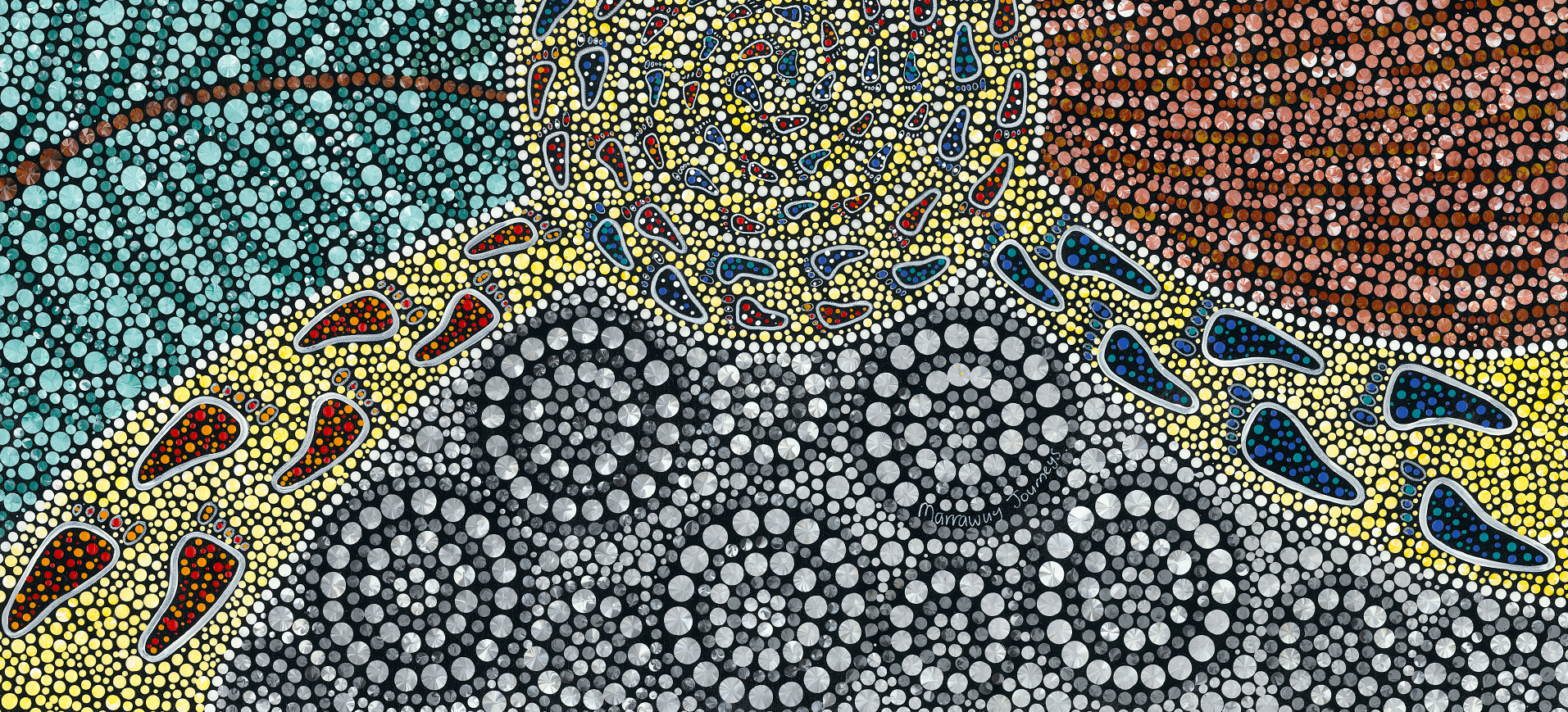Scope of accreditation
The AMC assesses all primary medical programs against one set of accreditation standards. The AMC is concerned with ensuring beginning medical practitioners meet professional requirements. The education provider and the program of study must provide graduates with these professional requirements, which are made up of the knowledge, skills and professional attributes necessary to practise medicine in Australia and Aotearoa New Zealand. While there may be a difference in the academic requirements for a bachelor degree and a master degree, programs at both qualification levels may satisfy the AMC accreditation requirements.
The AMC accredits only complete primary medical programs that result in the award of an academic qualification of a medical education provider located predominantly in Australia or Aotearoa New Zealand.
Accreditation is awarded to the provider for the specific medical program, identified by its degree title. By ‘complete medical program’, the AMC means that the education provider awarding the qualification is responsible for providing the entire program to the accreditation standards, described in the Standards for Assessment and Accreditation of Primary Medical Programs.
The AMC assesses programs offered jointly by two or more providers, which result in the award of a qualification by more than one provider, as one program, but it accredits all the providers which award a qualification for the program.
The AMC does not:
- grant separate accreditation to branch campuses or clinical schools unless the programs at the campuses or schools result in distinct qualifications, and the delivery and management of the programs differs from campus to campus or school to school; or
- separately accredit distinct streams (e.g. a graduate-entry stream) within an educational program. The AMC regards the introduction of such streams as a material change to the accredited medical program, and it assesses the plans for such programs before they are implemented. The accreditation awarded following a successful assessment relates to the whole medical program, not just to the separate stream.
